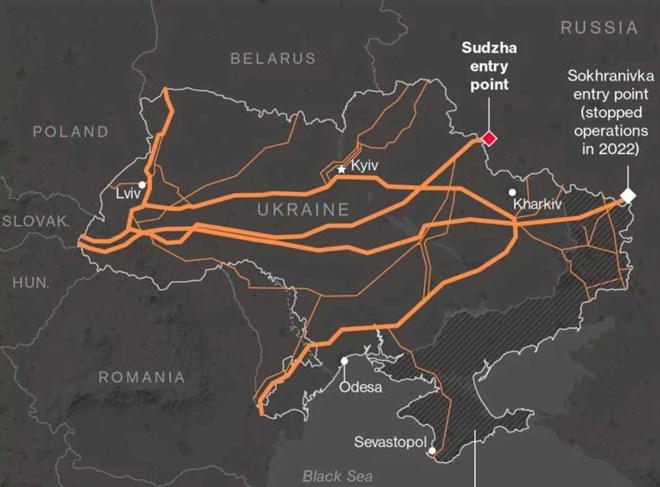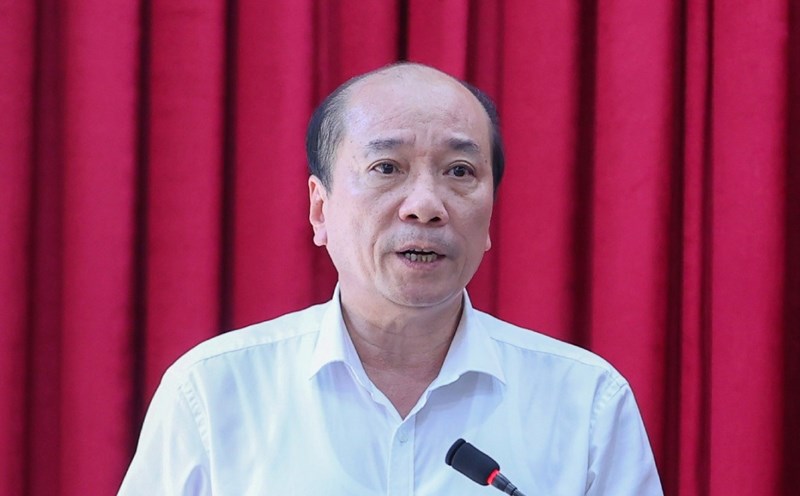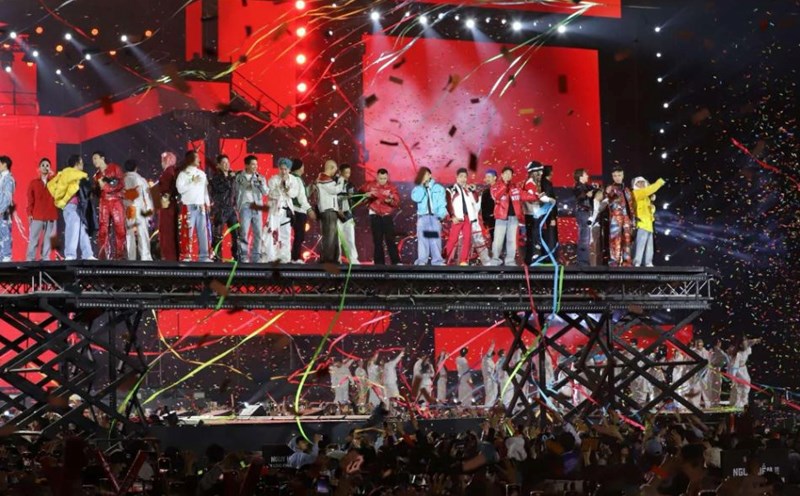Ukraine is prepared to stop the transit of Russian gas, Galushchenko said at the German-Ukrainian Business Forum in Berlin.
“Our position is absolutely open. We are preparing for the non-transportation from January 1. And we have been preparing for a long time. This year alone, we have conducted a number of stress tests to see how the gas system will function without transportation,” Ukrainian Energy Minister German Galushchenko was quoted as saying by Ukrinform news agency.
A key gas transit agreement between Moscow and Kiev expires on December 31. Ukrainian leaders have repeatedly stressed that they have no plans to extend the deal.
The transit agreement between Ukraine's state energy company Naftogaz and Russia's Gazprom was signed in 2019. At the time, Naftogaz hailed the deal as a guarantee of security for the domestic gas market. The Ukrainian company revealed that Gazprom paid nearly $3 billion for the transit service, thereby ensuring that Ukraine's transit system would operate without losses for five years after the contract was signed.

Ukraine's gas pipeline network is connected to pipelines in Moldova, Romania, Poland, Hungary and Slovakia. According to the latest data, the EU still receives about 5% of its gas consumption from Russia via Ukraine.
The Naftogaz transport system and the European branch of the TurkStream gas pipeline are the two remaining pipelines that carry Russian gas to central and southern Europe. The TurkStream gas pipeline runs from Russia across the Black Sea to Türkiye and then continues to the border of Greece, an EU member state.
For its part, Russia has indicated its willingness to continue supplying gas beyond 2024. Gazprom CEO Alexei Miller warned in October that the EU would commit “energy suicide” by closing its doors to Russian gas. Miller predicted that EU policies would lead to further deindustrialization, increased volatility in the gas market, and could lead to new gas price shocks and supply disruptions.
Several EU countries continue to rely on Russian gas, despite sharp declines in supplies due to sanctions on Russia and Brussels' push to cut energy ties with Russia.
Hungary and Slovakia - the two EU countries most dependent on Russian gas - have expressed concern about losing Russian gas via Ukraine. More than half of Budapest's gas consumption still comes from Russia under a 15-year contract signed with Gazprom in 2021.
Increasing dependence on the TurkStream pipeline and replacing Russian gas with supplies from Azerbaijan transported to the EU via Ukraine are seen by the EU as viable solutions.











